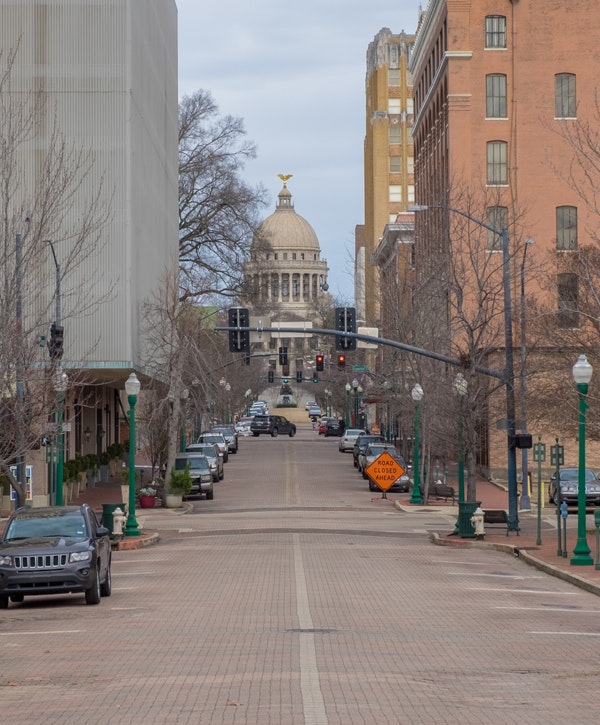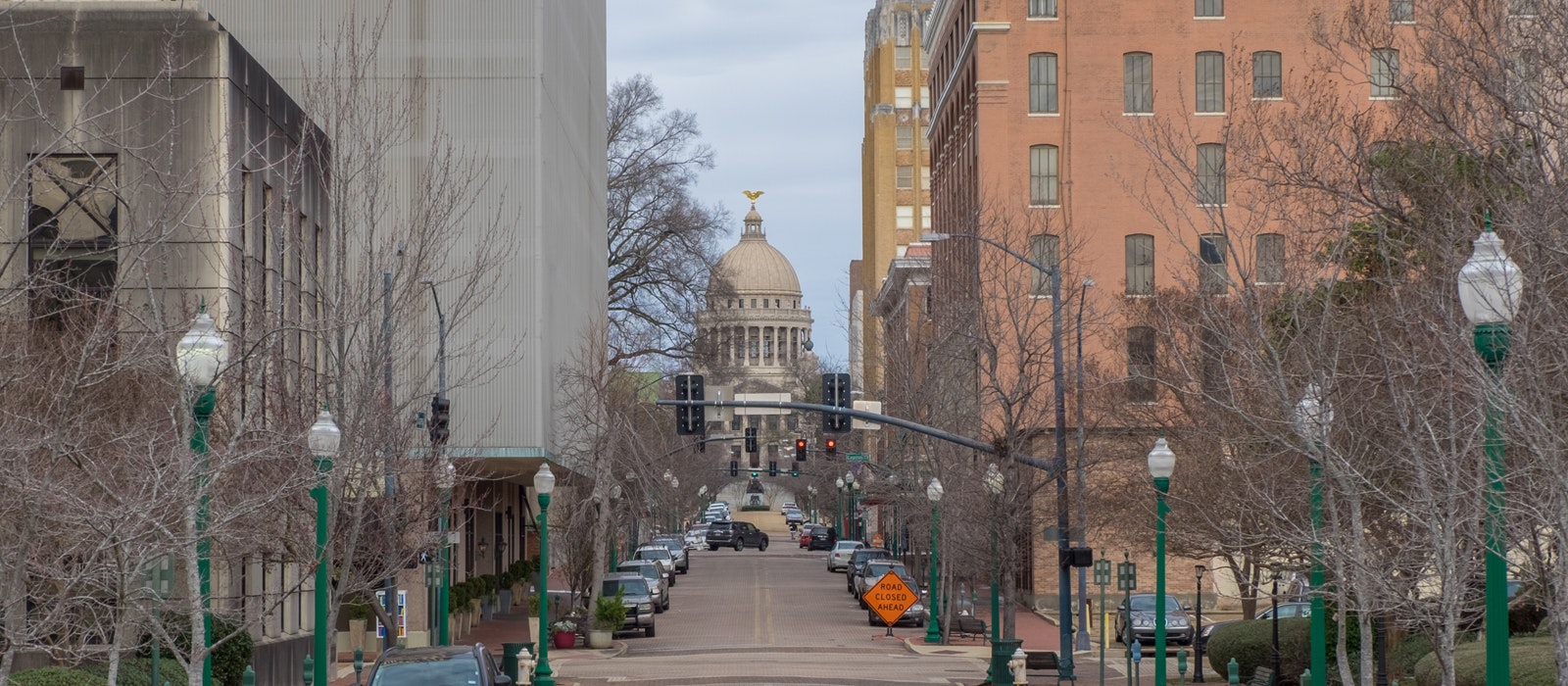“...Expanding the opportunities for parole gives the men and women behind prison walls hope, makes prisons safer, and helps people prepare to return home.”
It is the beginning of a new year. A year many of us were excited to start after enduring months of uncertainty and chaos in 2020. But for many Mississippians, this new year won’t bring about a renewed sense of hope unless our legislators pass commonsense criminal justice reforms that would give thousands of people the opportunity to reunite with their families and communities. For many Mississippians behind prison walls and those that love them, this is a new year, riddled with the same flaws.
For decades, Mississippi’s prison system has been in a crisis that is fueled by harsh and extreme sentencing laws that leave people locked up for decades without meaningful opportunities for early release. The corruption, violence, and horrific living conditions that plague our prison system have been the basis for many many civil rights lawsuits filed against the Mississippi Department of Corrections (MDOC) over the years.
The first step to addressing this crisis is passing meaningful policy changes that address our dangerously high prison population. We know that long sentences do not make us safer and it is time to invest in policies that will truly support public safety and thriving communities. In 2020, our prison crisis hit a breaking point. The year began with a chain of preventable events and chaos at Parchman prison on December 29, 2019 that led to a year of a record number of deaths with more than 100 people dying behind bars.

